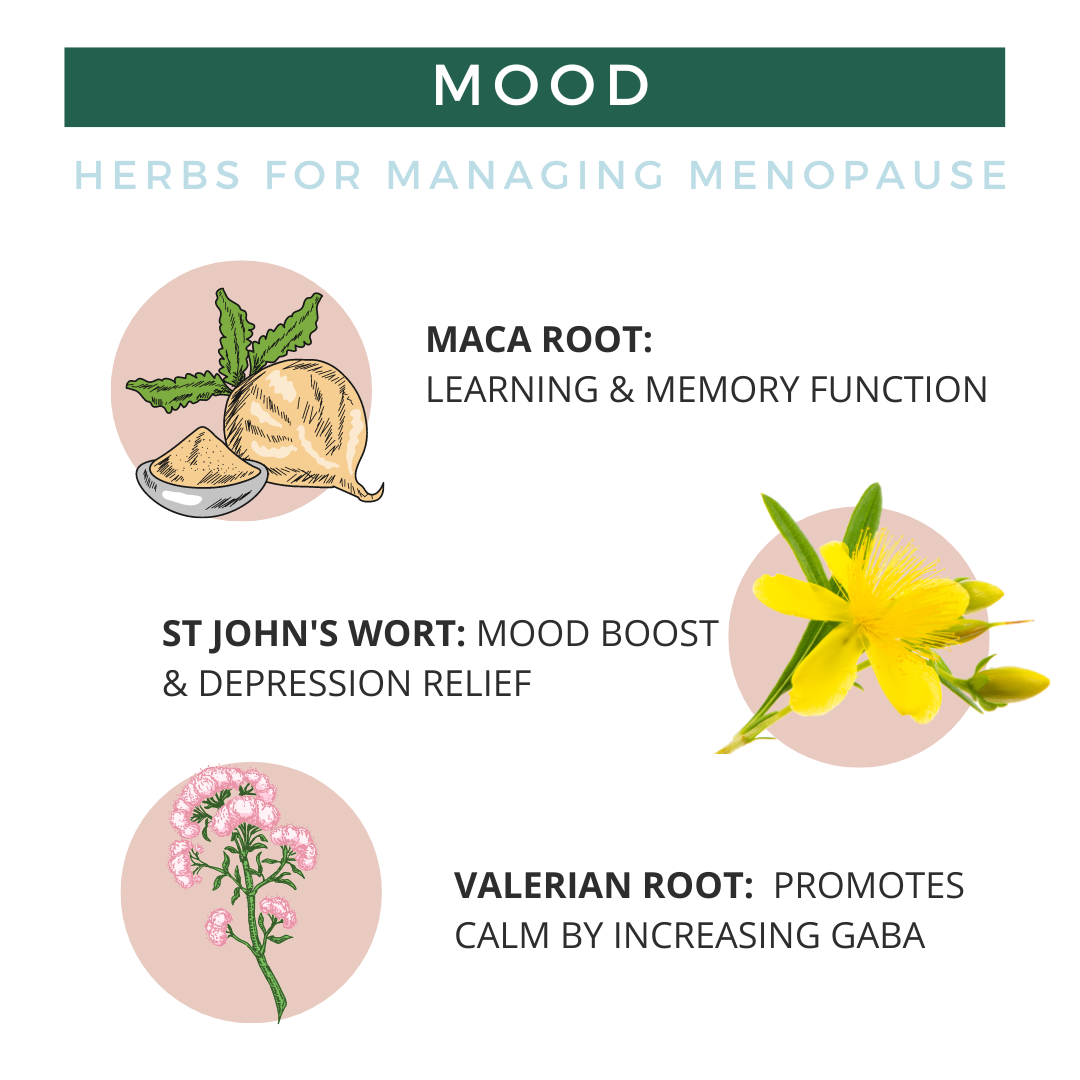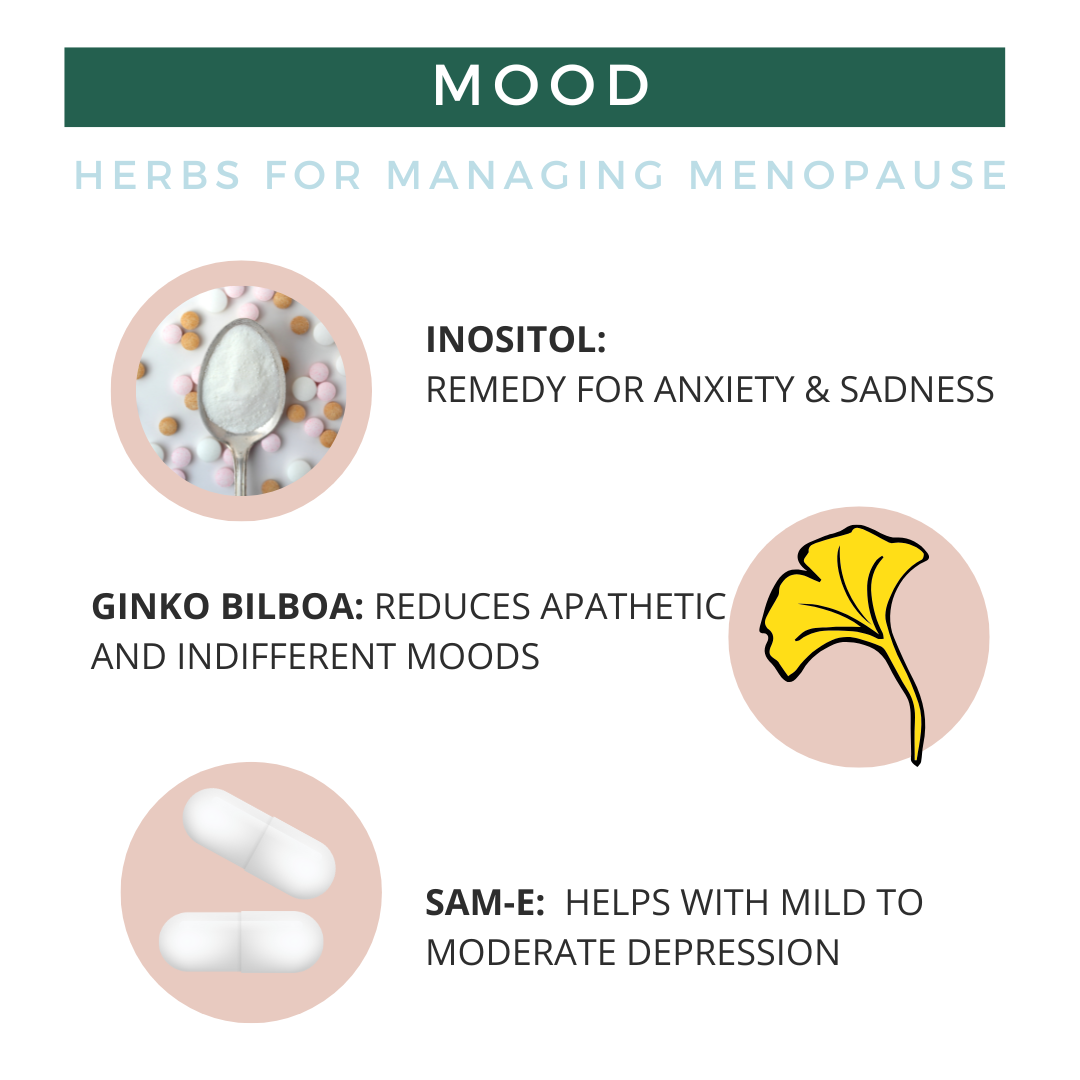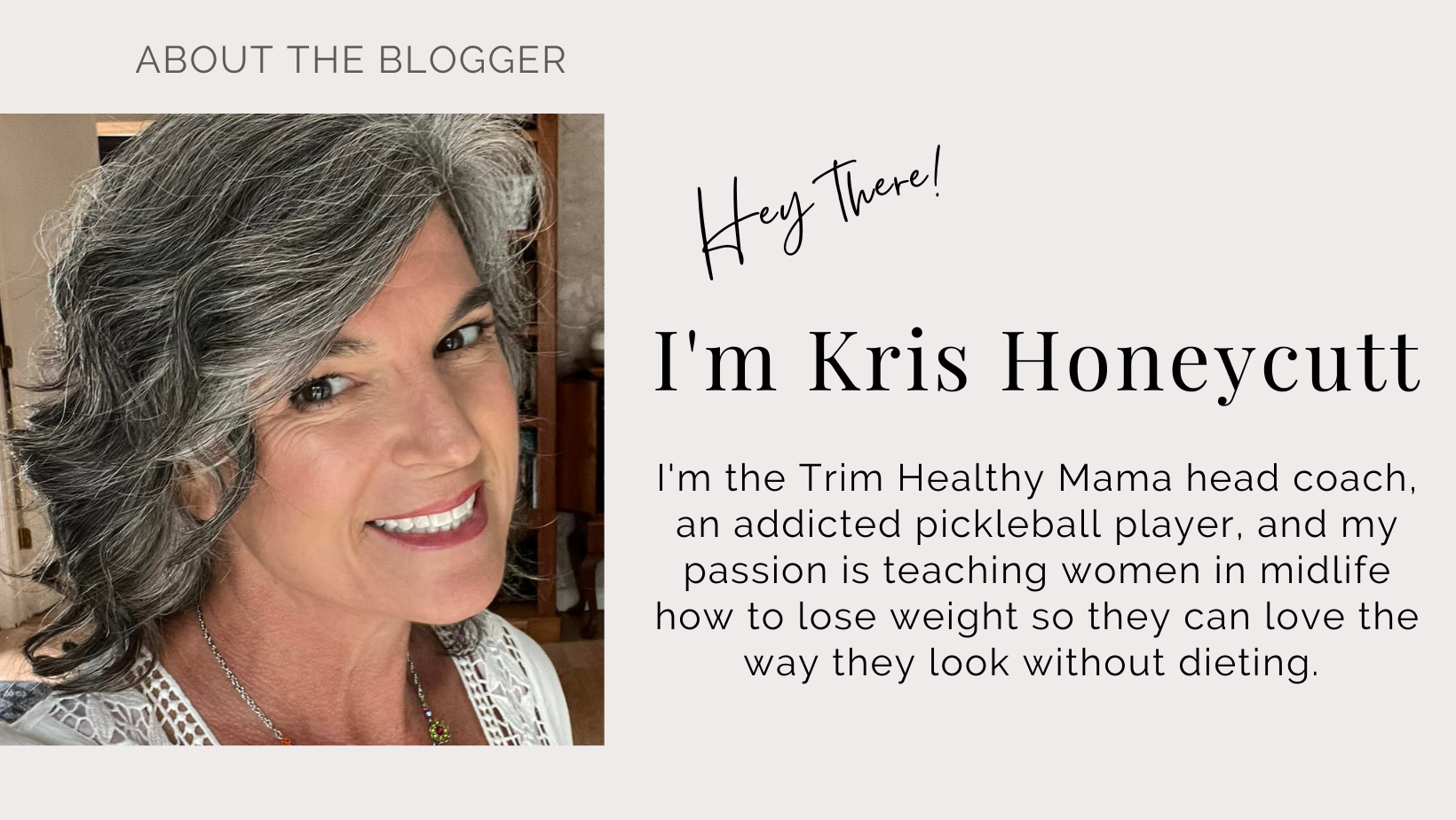The Truth about Midlife Moodiness and Ways to Feel Better

Music provided by: https://www.purple-planet.com/
Apple Podcast - Spotify
Midlife Moodiness and Ways to Feel Better During Menopause
Welcome to our heart-to-heart about the link between midlife, menopause, and those unexpected mood swings. Let's walk this journey together, seeking understanding and uncovering the right strategies to support our overall well-being.
Understanding the Midlife Mood Shift
When we think about menopause, the first thoughts often revolve around physical changes. However, the mood fluctuations are just as real and sometimes even more daunting.
The Science Behind Menopause and Moodiness
The Hormonal Roller Coaster
Firstly, it's crucial to grasp the role hormones play in these changes. As we venture into midlife, declining hormones can result in heightened risks of anxiety, depression, and mood-related issues. Here's a snapshot of the hormone impact:
Estradiol: Fluctuates during menopause and perimenopause.
Progesterone and Testosterone: Decline, impacting serotonin (our happy hormone) and GABA (nature's Valium).
Brain Wiring and Menopause
Our brains, accustomed to functioning with estrogen, have to adapt to declining levels in midlife. This transition can temporarily disrupt our mental processes, manifesting as brain fog or forgetfulness.
Recognizing Symptoms and Taking Control
Knowledge is power, and identifying the common symptoms will help you better manage and counteract them.
The Common Culprits
The Infamous Brain Fog
Ever forget your best friend’s name? Or mix up your kids’ names? Many women find themselves in this confusing state, often attributing it to overwhelming stress or aging. But the reality is, this "brain fog" is hormone-related.
From Mood Fluctuations to Depression
Depression is another concern during menopause. Distinguishing between typical mood shifts and clinical depression is essential. Remember, prolonged and severe depressive symptoms need professional attention.
Embracing Practical Strategies for Well-being
Now, let's explore the plethora of strategies available to not just manage, but thrive during this transformative phase.
Prioritizing Brain Health
Physical Activity
A regular exercise routine can:
- Enhance cognitive function
- Improve mood
- Reduce stress
Nourishing the Body and Brain
The saying "You are what you eat" rings true, especially in midlife. Eating the Trim Healthy Mama plan impacts your mood and cognitive function. Key pointers include:
- Prioritize antioxidant-rich foods to combat free radical damage.
- Manage blood sugar levels to prevent glycemic stress.
- Ensure a healthy intake of Vitamin D.
Stress Management and Mental Stimulation
Equip yourself with stress-reducing techniques, from prayer to deep breathing exercises. Embrace hobbies, reading, and puzzles to keep the brain active.
Medical Interventions and Alternatives
Sometimes, lifestyle changes may need to be complemented with medical interventions to truly find balance.
Exploring Medical Solutions
Hormone Replacement Therapy (HRT)
HRT can alleviate some menopausal symptoms, including mood changes. It's essential to collaborate with a healthcare professional to understand the best approach for your body.

The Role of Counseling and Supplements
Discussing mood concerns with a counselor can be therapeutic. In addition, various vitamins, herbs, and supplements can benefit mood but always consult with a healthcare practitioner before trying them.

You're Not Alone
Navigating midlife and menopause can be challenging, but armed with knowledge and the right strategies, it becomes manageable.
Remember, every woman's journey is unique. Be patient, seek support, and find comfort in the fact that with the right guidance, you can sail through menopause with grace and joy.

Reference: Wisdom in Menopause by Dr. Christine Northrup


